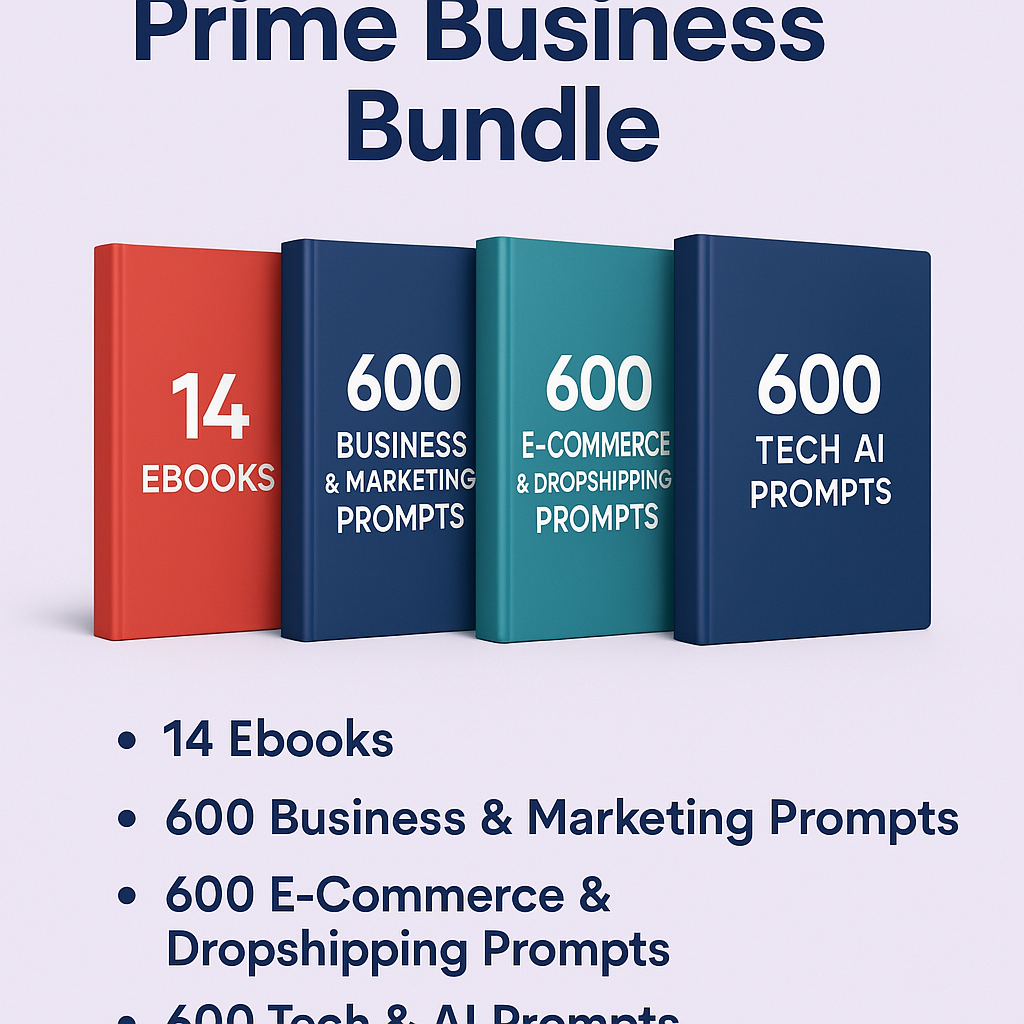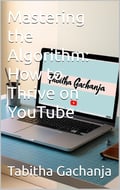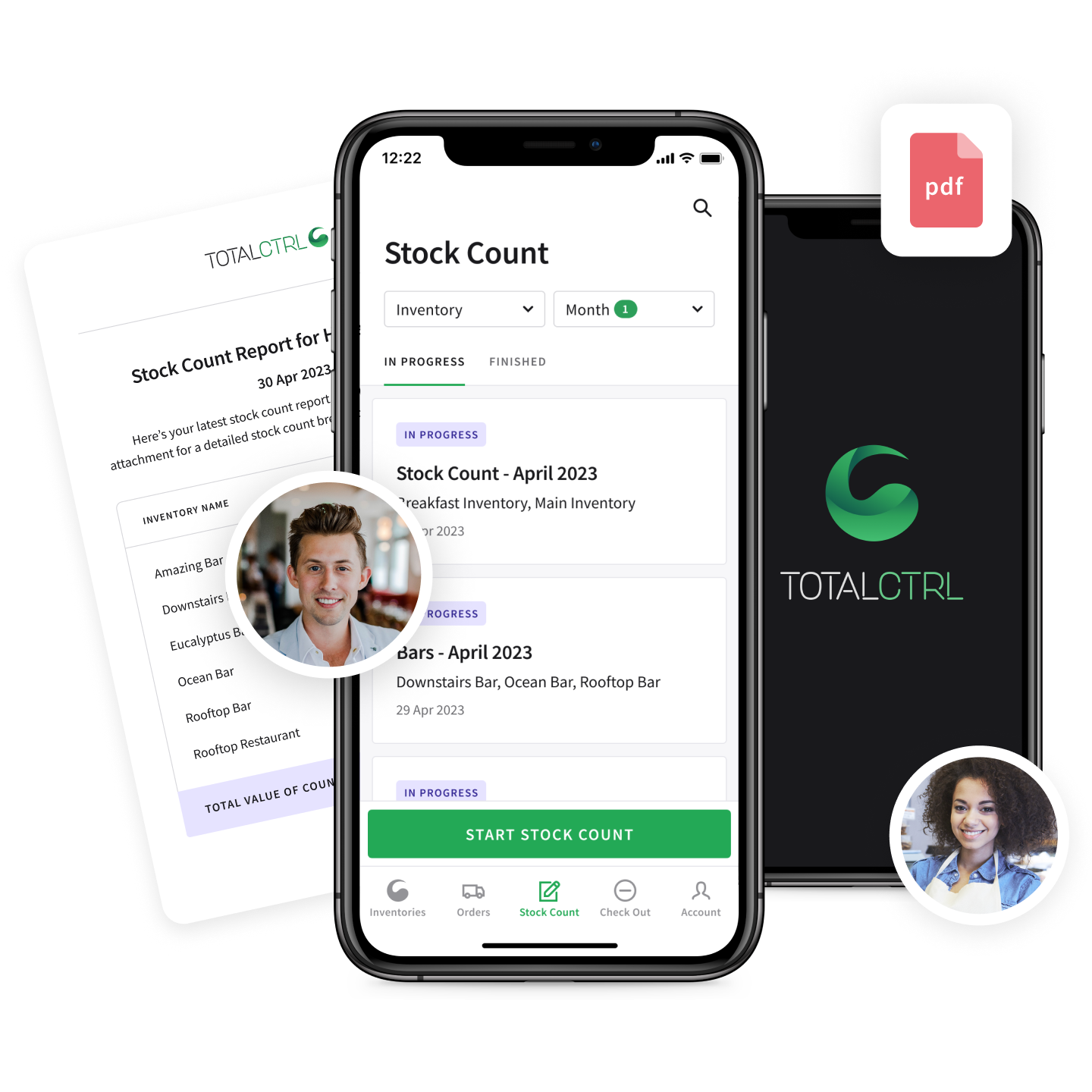Influencer culture has significantly reshaped consumer buying behavior, leveraging social media platforms to shape opinions, attitudes, and decisions. Influencers, individuals with large and engaged followings on platforms like Instagram, YouTube, TikTok, and Twitter, have become powerful forces in marketing. Their ability to build trust and authenticity with their audience creates a unique dynamic where their recommendations often carry more weight than traditional advertising.
Here are several ways influencer culture influences consumer buying behavior:
1. Increased Trust in Peer Recommendations
Consumers are increasingly relying on influencers' opinions rather than traditional advertisements or direct company messages. Influencers are seen as more relatable and trustworthy, often presenting products in authentic, everyday contexts, which fosters a sense of personal connection with their followers.
How This Affects Buying Behavior:
- Peer Influence: Followers often trust influencers as "friends" or peers, making them more likely to act on their recommendations.
- Social Proof: Seeing an influencer use a product or service provides social proof that it is desirable, which boosts consumer confidence in the purchasing decision.
2. Rise of “Influencer-Driven” Trends
Influencers are at the forefront of shaping trends in fashion, beauty, technology, fitness, and even lifestyle choices. Their ability to create viral content and start trends means they have a direct impact on what consumers perceive as “cool” or necessary.
How This Affects Buying Behavior:
- FOMO (Fear of Missing Out): When influencers promote a product, it often triggers a sense of urgency or FOMO, causing consumers to make faster purchasing decisions.
- Trend-Setting: Influencers often make niche products mainstream, pushing their audience to follow suit, which leads to rapid spikes in demand for products they endorse.
3. Increased Consumer Engagement and Interaction
Influencers create a sense of community by interacting with their followers through comments, likes, and direct messages. This engagement builds stronger connections with audiences, leading them to take more active roles in their purchasing decisions based on influencer feedback.
How This Affects Buying Behavior:
- Personalized Recommendations: Influencers can engage in two-way conversations with their followers, which allows them to recommend products tailored to specific consumer needs, increasing the likelihood of a sale.
- Interactive Campaigns: Social media challenges, polls, and giveaways encourage followers to take part in the influencer's promotional activities, making them feel more involved and invested in the product or service being advertised.
4. Product Discovery and Awareness
Influencers provide a platform for smaller or newer brands to gain visibility. Their endorsements can introduce products to large audiences who may have otherwise been unaware of the brand. This is especially impactful for niche products, local brands, and startups.
How This Affects Buying Behavior:
- Brand Discovery: Consumers are often introduced to new products and services through influencers they trust, which can lead them to explore new brands they would not have encountered through traditional advertising.
- Product Testing: Influencers often perform “unboxings,” reviews, and demonstrations, which allow consumers to see how a product works in real-life scenarios before making a purchase decision.
5. Emotional Connection and Lifestyle Branding
Influencers often promote products as part of their personal lifestyle or values, creating a deeper emotional connection with their audience. Consumers are more likely to buy products when they see them as extensions of their own identity or aspirations, which is a powerful tactic used by influencers to promote products.
How This Affects Buying Behavior:
- Brand Loyalty: When consumers feel that an influencer aligns with their own values or desires, they are more likely to purchase products repeatedly from the same brand.
- Aspirational Buying: Many consumers are drawn to the lifestyle influencers portray, leading them to purchase products that align with their own aspirations (e.g., fitness, luxury, eco-consciousness).
6. Authenticity and Transparency Expectations
There has been a growing expectation for influencers to be transparent about paid partnerships and sponsored content. Consumers increasingly prefer influencers who are honest about their endorsements and who integrate products naturally into their content. Overly commercialized or deceptive influencer promotions can backfire.
How This Affects Buying Behavior:
- Authenticity Over Sponsorship: Consumers value honesty and are more likely to trust and buy products recommended by influencers who maintain authenticity and disclose partnerships transparently.
- Selective Purchasing: Consumers are more discerning about the products they choose to buy based on the authenticity of the influencer’s recommendation. Products promoted in a genuine, relatable way often lead to higher conversion rates.
7. Influence on Impulse Purchases
Influencers often create a sense of excitement around a product, making it more likely for consumers to make impulse purchases. By showcasing limited-time offers or product launches, influencers can stimulate quick purchasing decisions.
How This Affects Buying Behavior:
- Instant Gratification: Influencers can encourage immediate purchasing behavior by sharing promo codes or time-sensitive offers.
- Increased Conversion: Special deals or “exclusive” products promoted by influencers drive higher conversion rates compared to traditional forms of marketing.
8. Micro-Influencers and Niche Markets
While macro-influencers (with millions of followers) continue to dominate, micro-influencers (with smaller but highly engaged audiences) are gaining traction, especially in niche markets. These influencers often have a stronger personal connection with their followers and can influence buying behavior on a more intimate level.
How This Affects Buying Behavior:
- Targeted Marketing: Businesses can reach highly specific audiences through micro-influencers, which can lead to more relevant and effective marketing.
- Higher Engagement: Micro-influencers tend to have higher engagement rates, meaning their recommendations are often viewed as more credible and persuasive by their followers.
9. Shift Towards Experience-Based Purchases
Influencers often promote experiences rather than just physical products. These experiences—whether it’s travel, dining, fitness, or luxury lifestyle—create emotional connections and aspirational goals for consumers, prompting them to seek out similar experiences.
How This Affects Buying Behavior:
- Experience Over Material Goods: Consumers are increasingly influenced to purchase experiences or services endorsed by influencers, creating a shift away from tangible products.
- Enhanced Brand Experiences: Brands are now focusing on creating memorable experiences rather than just selling products, such as through influencer-hosted events, challenges, or live-streamed product experiences.
Conclusion:
Influencer culture has profoundly altered consumer buying behavior by building trust, creating personal connections, and shaping trends. By providing authentic recommendations, engaging in interactive campaigns, and promoting aspirational lifestyles, influencers have become a central force in modern marketing strategies. Their ability to influence both impulse purchases and long-term brand loyalty continues to evolve, making them indispensable for businesses aiming to reach today’s digitally-savvy, socially-connected consumers. As consumers increasingly value transparency and authenticity, businesses must ensure their influencer partnerships reflect these ideals to maintain credibility and drive sales.


















0 comments:
Post a Comment
We value your voice! Drop a comment to share your thoughts, ask a question, or start a meaningful discussion. Be kind, be respectful, and let’s chat!